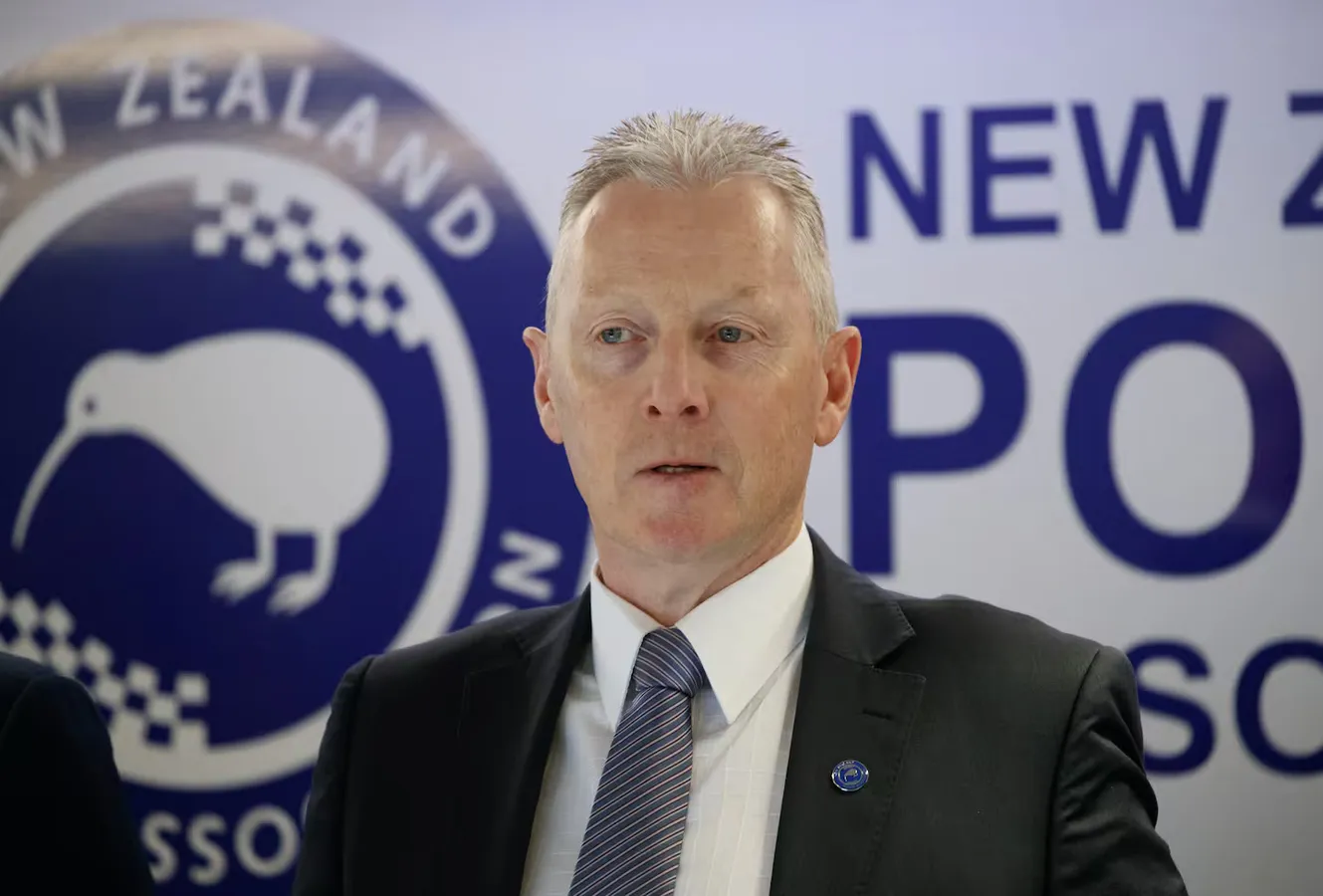Police Staff Under Investigation: A Growing Trend Since 2021
Over three hundred police staff have been subject to criminal investigation since the start of 2021. The data released to Newstalk ZB under the Official Information Act shows that a significant number of employees and constabulary staff have been looked into in this time frame.
Investigations Resulting in Criminal Charges
Eighty-nine of those investigations resulted in a criminal charge, while two were referred to Te Pae Oranga. The police told the Herald that they have investigated just over 2% of their workforce since 2021. However, it is essential to note that this number may not reflect the actual scope of the issue, as some cases may be ongoing or still under investigation.
Investigative Process
When a staff member fails to follow their Code of Conduct, matters are appropriately investigated – no matter how senior the staff member is. The police stated that an initial assessment is conducted to determine whether the employee’s behavior constitutes a breach of Police Code of Conduct, policy, values, employment agreement, or law.
If there are prima facie criminal concerns, a criminal investigation may be commenced with oversight from the Independent Police Conduct Authority (IPCA). A decision to criminally investigate an employee does not mean they are guilty of a criminal offense; rather, it indicates that there were potential criminal concerns on the information assessed that required investigation.
Demographics and Trends
The data shows that 44 staff members resigned during the process, while one retired. Of those scrutinized, 131 – or just under 40% – had been employed for more than 10 years. Forty-four were ranked Sergeant or above. An overwhelming majority of staff investigated were male – around 88%.
Counties Manukau Police District led the way with the most employees investigated at 47, closely followed by Auckland City with 41, then Waikato at 35.
Recent Cases and Reforms
The IPCA has released information on several criminal cases involving police officers this year. In September, it was revealed that an off-duty officer who engaged in a sex act in a public carpark in Wellington avoided charges, while a Northland policeman was sanctioned after serious allegations of money laundering, possession of cannabis, and dishonesty were raised against the officer.
The National Integrity Unit was also announced by the police in 2020, which aimed to help deter, prevent, and detect any corruption. Since its launch, more than 600 matters have been referred to the unit, with around 100 resulting in further investigation and 14 in prosecution.
Reactions from Police Association and Minister
New Zealand Police Association president Chris Cahill said that the statistics aren’t a cause for concern at the moment. He added that they will continue to monitor the rise since 2021 to see if it is a trend and emphasized the need to understand how many of those were traffic offenses as well.
Police Minister Mark Mitchell said he’s confident that the police have robust processes in place for managing professional conduct of staff. He stated that the statistics highlight the police having very high standards and being willing to hold people accountable. However, it wasn’t appropriate to comment on the number of staff criminally investigated.
Incident Statistics Over Time
The number of staff investigated has been slowly increasing over the last three years, from 85 in 2021, to 92 in 2022, and 109 in 2023. There were 47 cases to September this year.
It’s essential to note that these statistics might not be a comprehensive picture of police corruption, as some cases may be ongoing or still under investigation. Additionally, the rise in investigations could be attributed to various factors such as increased reporting mechanisms or improved data collection methods.
Conclusion
The recent trend of investigating hundreds of police staff raises concerns about the level of corruption within law enforcement agencies. While the statistics provided by the police do not necessarily indicate a widespread problem, they do suggest that there are significant issues within the force that require attention and action.
It is crucial for the authorities to take proactive measures to prevent and detect any form of corruption, including implementing robust internal controls, increasing transparency, and providing adequate support for whistleblowers. By addressing these concerns, the police can restore trust among the public and ensure that their workforce maintains high standards of professionalism and integrity.
As the National Integrity Unit continues to work towards its goal of preventing and detecting corruption, it is essential for all stakeholders to remain vigilant and committed to upholding the values of a fair and just society.

0 Comments